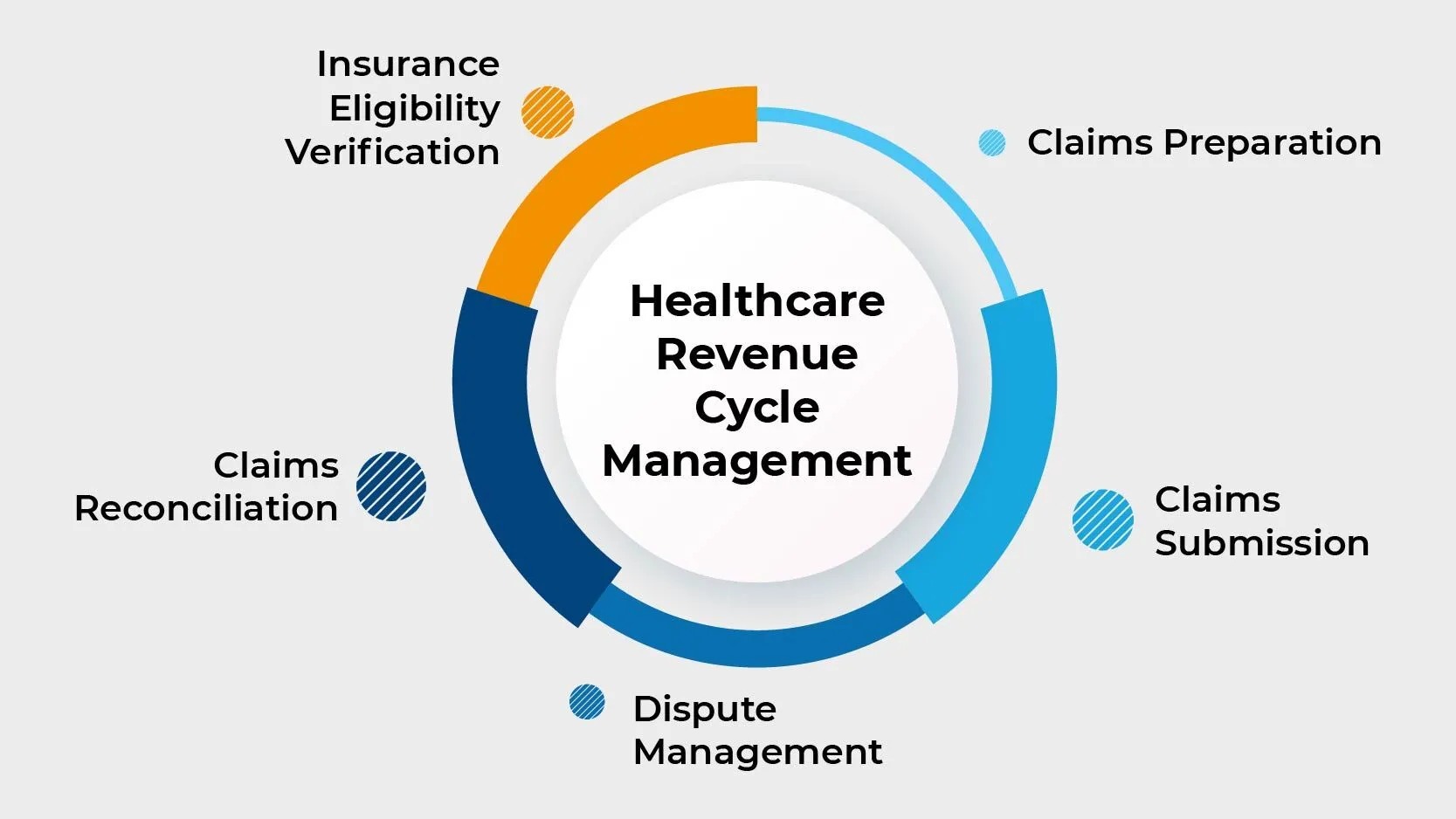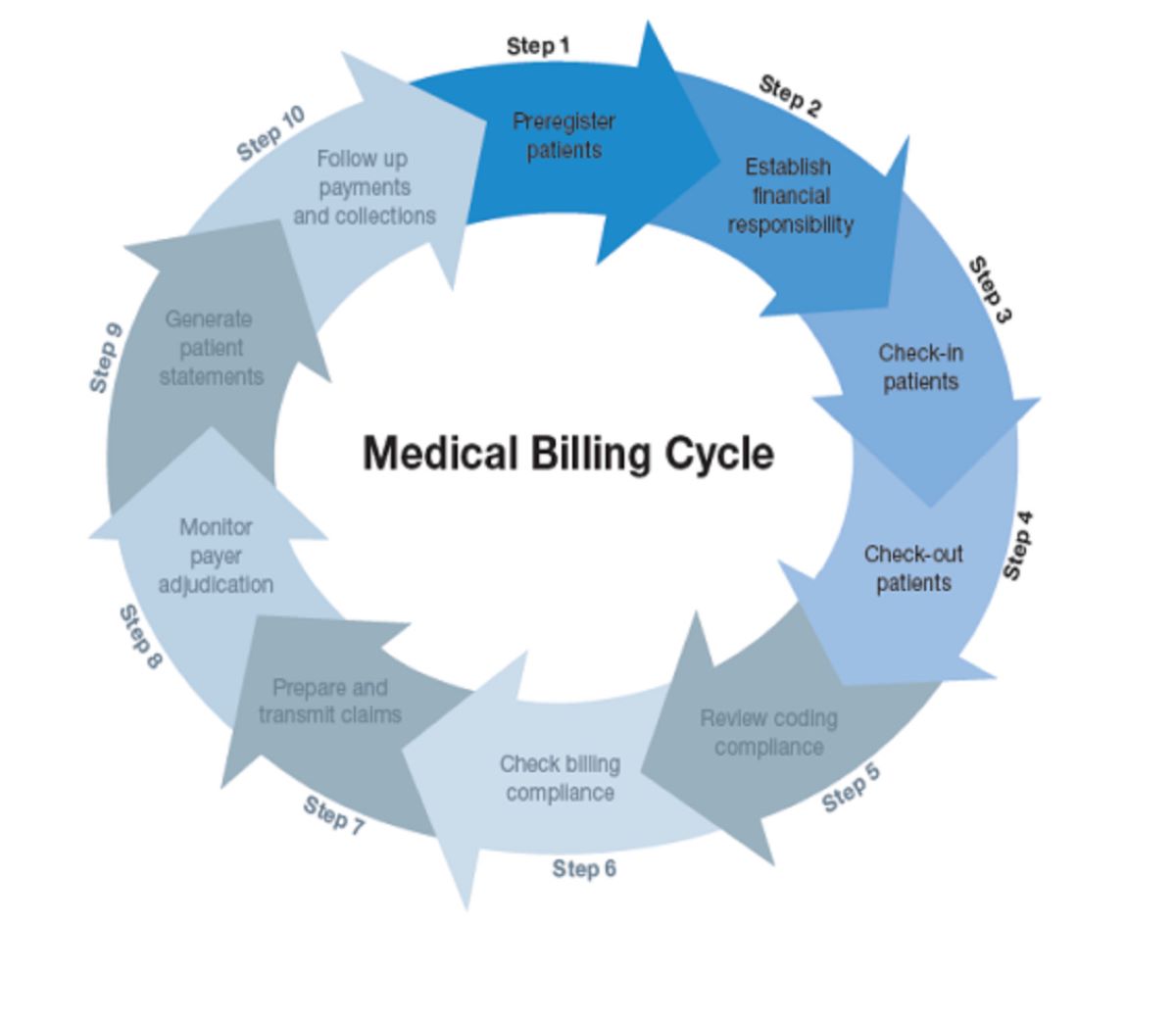

Finance
Medicare Part A Definition
Published: December 24, 2023
Discover what Medicare Part A is and how it can help cover your medical expenses, including hospital stays and skilled nursing care. Learn more about this important financial aspect of healthcare.
(Many of the links in this article redirect to a specific reviewed product. Your purchase of these products through affiliate links helps to generate commission for LiveWell, at no extra cost. Learn more)
Understanding Medicare Part A Definition: A Comprehensive Guide
Welcome to our Finance blog series! In this category, we aim to provide you with valuable insights and information to help you navigate the complex world of personal finance. In today’s post, we’ll be focusing on an important topic that affects millions of Americans – Medicare Part A.
Medicare Part A is one of the four parts of the Medicare program, which is a federal health insurance program primarily for people aged 65 and older or for those with certain disabilities. It specifically covers inpatient hospital care, skilled nursing facility care, and some home health care services. To help you better understand this crucial aspect of Medicare, let’s dive deeper into the definition and key aspects of Medicare Part A.
Key Takeaways:
- Medicare Part A is a component of the federal health insurance program called Medicare.
- It covers inpatient hospital care, skilled nursing facility care, and some home health care services.
Now, let’s explore Medicare Part A in more detail:
1. Coverage and Services
Medicare Part A primarily provides coverage for hospital-related services. Here are some key points to keep in mind:
- Hospital stays: Medicare Part A covers inpatient hospital stays, including room charges, meals, and general nursing care.
- Skilled nursing facility care: If you require skilled nursing care, Medicare Part A can cover the costs for up to 100 days, following a qualifying hospital stay of at least three days.
- Home health care: Medicare Part A may cover medically necessary home health care services, such as skilled nursing care, physical therapy, and certain medical supplies.
- Hospice care: Medicare Part A covers hospice care for individuals with a terminal illness. This includes pain relief, symptom management, and emotional support.
2. Eligibility and Enrollment
Understanding your eligibility and the enrollment process is crucial to ensure you don’t miss out on Medicare Part A benefits. Here’s what you need to know:
- Age requirement: Generally, individuals who are aged 65 or older and receive Social Security or Railroad Retirement benefits are automatically eligible for Medicare Part A.
- Enrollment: If you’re already receiving Social Security or Railroad Retirement benefits, you’ll be automatically enrolled in Medicare Part A. If not, you can enroll during the Initial Enrollment Period (IEP) or the General Enrollment Period (GEP) that takes place each year.
- Costs: Most individuals don’t need to pay premiums for Medicare Part A, as long as they or their spouse have paid Medicare taxes while working. However, there may be other costs such as deductibles, coinsurance, and copayments.
- Special circumstances: In certain situations, you might be eligible for Medicare Part A even if you haven’t reached 65. Examples include individuals with certain disabilities or end-stage renal disease.
Understanding Medicare Part A is essential for anyone approaching retirement age or those already enrolled in the Medicare program. By being informed about its coverage, services, eligibility, and enrollment process, you can make the most of this valuable health insurance option.
Remember, this blog post serves as a mere overview of Medicare Part A. We always recommend consulting with a Medicare specialist or visiting the official Medicare website for the most accurate and up-to-date information related to your individual circumstances.
We hope this article has shed some light on the Medicare Part A definition and its essential aspects. Stay tuned for more informative content in our Finance category. If you have any specific questions or topics you’d like us to cover, feel free to reach out and let us know!














